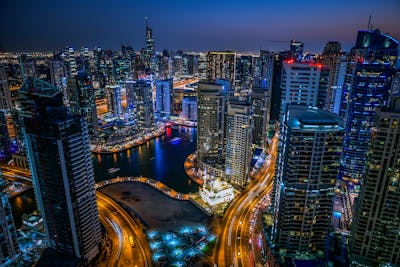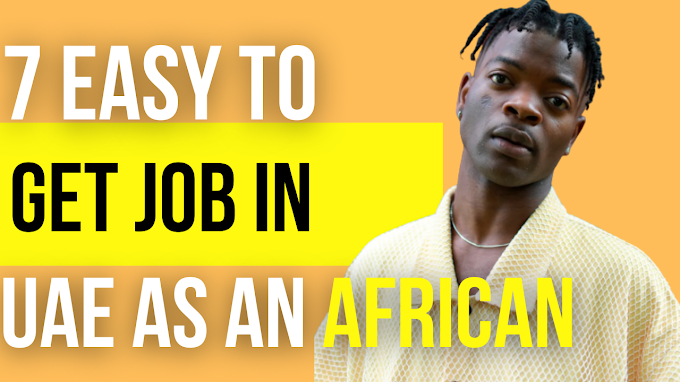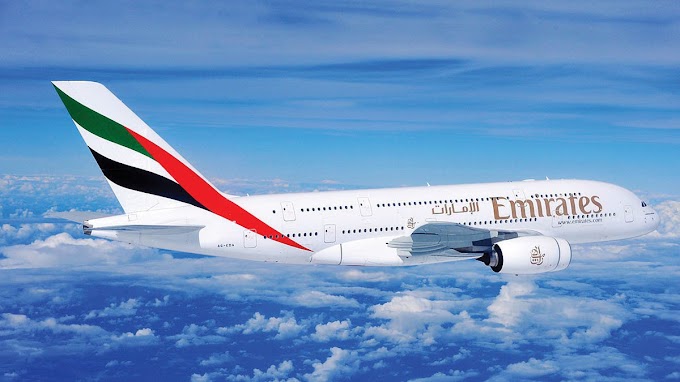While the UAE is considered a wealthy country, it is still classified as a developing country rather than a developed country. This is due to several reasons, which we will explore in this essay.
Dependence on Oil While the UAE has been working to diversify its economy, the country is still heavily reliant on oil exports. The oil sector accounts for a significant portion of the country's GDP, and fluctuations in oil prices can have a significant impact on the economy. This dependence on a single resource makes the UAE vulnerable to economic shocks and hampers the country's efforts to transition to a more diversified economy.
Income Inequality While the UAE has a high GDP per capita, there is a significant income inequality gap between the wealthy and the poor. The country's wealth is concentrated in the hands of a small percentage of the population, while many low-income workers, primarily migrant workers, struggle to make ends meet. This income inequality is a significant challenge for the country's development efforts and can lead to social and economic instability.
Limited Political Participation The UAE is a monarchy, and political power is concentrated in the hands of the ruling family. While the country has made progress in terms of political and social reform, there are still limitations on political participation and freedom of speech. This lack of political participation can limit the country's ability to address the challenges it faces and can hinder its progress towards becoming a developed country.
Dependence on Foreign Labor The UAE's economy relies heavily on foreign labor, primarily migrant workers from countries such as India, Pakistan, and the Philippines. While these workers have contributed significantly to the country's development, there are concerns about their working conditions and treatment. Many migrant workers are subject to exploitation and abuse, including non-payment of wages, poor living conditions, and restrictions on their movement. These issues are a significant challenge for the country's development efforts and can hinder its progress towards becoming a developed country.
Environmental Challenges The UAE faces several environmental challenges, including water scarcity, air pollution, and desertification. The country's rapid development has put a significant strain on its natural resources, and there is a growing concern about the long-term sustainability of the country's development model. Addressing these environmental challenges will require significant investment and a shift towards a more sustainable development path.
In conclusion, while the UAE is a wealthy country, it still faces several challenges that prevent it from being classified as a developed country. These challenges include its dependence on oil, income inequality, limited political participation, dependence on foreign labor, and environmental challenges. Addressing these challenges will require significant investment and reform, and the UAE will need to continue its efforts to diversify its economy, promote social and political reform, and address its environmental challenges to achieve its goal of becoming a developed country












